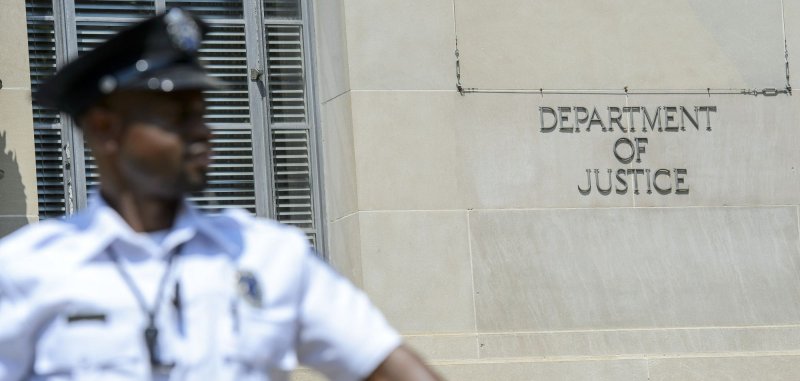
According to federal prosecutors, the Utah Department of Corrections has been discriminating against a trans inmate on the basis of her gender dysphoria disability. As a result, the woman has been performing risky surgery on herself.
After receiving a complaint from a trans inmate who claimed the state denied her equitable access to healthcare services, the justice department began an investigation into the Utah jail system.
The department released the findings of its investigation on Tuesday, stating that the state had violated its plans to prevent discrimination based on her gender dysphoria and had not provided the inmate with equal access to healthcare services.
According to it, the state’s failure had “severe consequences.” It discovered that the inmate’s gender dysphoria had gotten worse while she was incarcerated, and after about 22 months of treatment, she underwent self-operation and had her own testicles removed.
According to Assistant Attorney General Kristen Clarke of the Justice Department’s Civil Rights Division, “every person with a disability, including those who are incarcerated, are protected by the ADA and are entitled to reasonable accommodations and equitable access to medical care,” and that fundamental right also applies to those with gender dysphoria.
The Civil Rights Division is committed to making sure that individuals with gender dysphoria are not subject to discrimination in jails and prisons across the nation.
Six corrective measures have been mandated by the Justice Department, including compensating the inmate who was wronged.
In a statement from the Utah Department of Corrections’ executive director, Brian Reed, local media did not specify what their differences were or whether they planned to follow the Justice Department’s orders. Instead, he told the press that they “fundamentally disagree” with the investigators on important issues identified in the document.
He claimed that the Department of Justice’s announcement to address this complex issue had blindsided us and that we had been working on it for some time. “We have even taken actions on our own, as a state, to meet the needs of inmates while upholding the highest safety standards.”
Gender dysphoria is regarded as a disability by the Americans with Disabilities Act, which states that no person who has been detained in a jail who has been diagnosed with the condition can be turned away from access to healthcare and other services.
After years of experiencing identity anxiety symptoms, the inmate in question arrived in Utah prison in 2021. According to the Justice Department, the state “unnecessarily restricted” her in order to get treatment for her gender distress.
According to the department’s report, due to the state’s “biased and limited approval process,” it took the state six months to diagnose her with gender dysphoria and another six months to administer her hormone therapy.
When UDOC suddenly let the plaintiff begin medical therapy, her UDOC physician tried to persuade her to stop taking the hormone therapy she had been seeking for 15 months, the statement said.
The Justice Department claimed that they had failed to “adequately ensure that it was provided safely and effectively” when her doctor suddenly started treatment.
Additionally, the department determined that she had been denied “reasonable accommodations to its policies,” as the division put it. The inmate had requested that she be given feminine housing, the ability to obtain gender-affirming clothing and makeup at the commissary, and that she not be subjected to cross-gendered pat searches.
She filed complaints and appeals when those demands were disregarded or rejected. These were also rejected or ignored, according to the Justice Department review.
According to the report, the inmate had surgery on herself in May.



